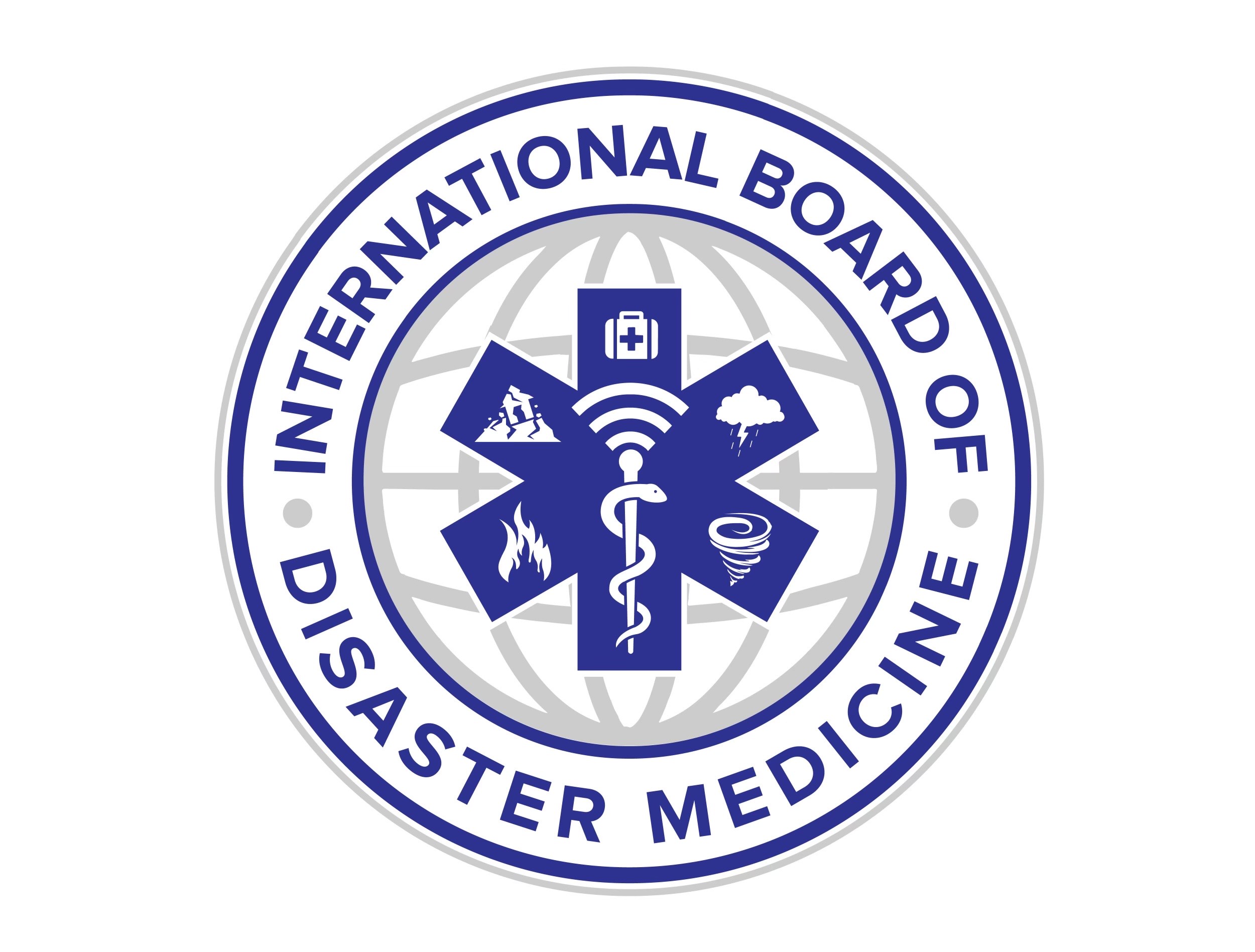Lynchburg Journal of Medical Science
Specialty
Psychiatry
Advisor
Elyse Watkins, DHSc, PA-C, DFAAPA, NCMP
Abstract
Schizophrenia is a debilitating mental health disorder with severe and wide-ranging consequences. Early detection of prodromal symptoms (subtle warning signs preceding full-blown psychosis) can significantly improve patient outcomes. Primary care settings, where early intervention is typically most feasible, lack standardized tools to screen for prodromal symptoms of schizophrenia, however. This review examines existing psychosis screening questionnaires to determine their suitability for primary care use. In addition to highlighting the significant role of primary care providers in managing mental health conditions, this review outlines the challenges associated with recognizing early signs of schizophrenia, particularly in resource-limited settings, and therefore why utilizing appropriate screening tools is so important. Gold-standard screening tools such as the Comprehensive Assessment of At-Risk Mental States (CAARMS) and the Structured Interview for Prodromal Syndromes (SIPS) are highly effective but impractical for routine primary care use due to their length, training requirements, and, in the case of the SIPS, limited language availability. In contrast, the Prodromal Questionnaire-Brief (PQ-B) and the Prodromal Questionnaire-16 (PQ-16) emerge as the most viable options for primary care settings. The PQ-B and PQ-16 demonstrate high sensitivity, are freely available, require minimal administration time, are easy to administer, and have been validated in multiple languages. While other prodromal symptom screening tools, including the PRIME Screen-Revised (PS-R) and the Youth Psychosis at Risk Questionnaire-Brief (YPARQ-B), show potential, their accessibility and licensing constraints limit widespread implementation. Future research should focus on refining and validating shorter, highly sensitive screening tools, such as the Mini-SIPS, and exploring telemedicine’s role in early detection, particularly in rural areas. By working collaboratively to identify effective screening measures and integrate them into clinical practice, primary care providers may play a crucial role in reducing the duration of untreated psychosis and improving long-term outcomes for individuals at risk of developing schizophrenia.
Recommended Citation
Christy, Thomas S.
(2025)
"Screening for Prodromal Symptoms of Schizophrenia in Primary Care Settings,"
Lynchburg Journal of Medical Science: Vol. 1:
Iss.
1, Article 8.
DOI: https://doi.org/10.63932/3067-7106.1012
Available at:
https://digitalshowcase.lynchburg.edu/jms/vol1/iss1/8






